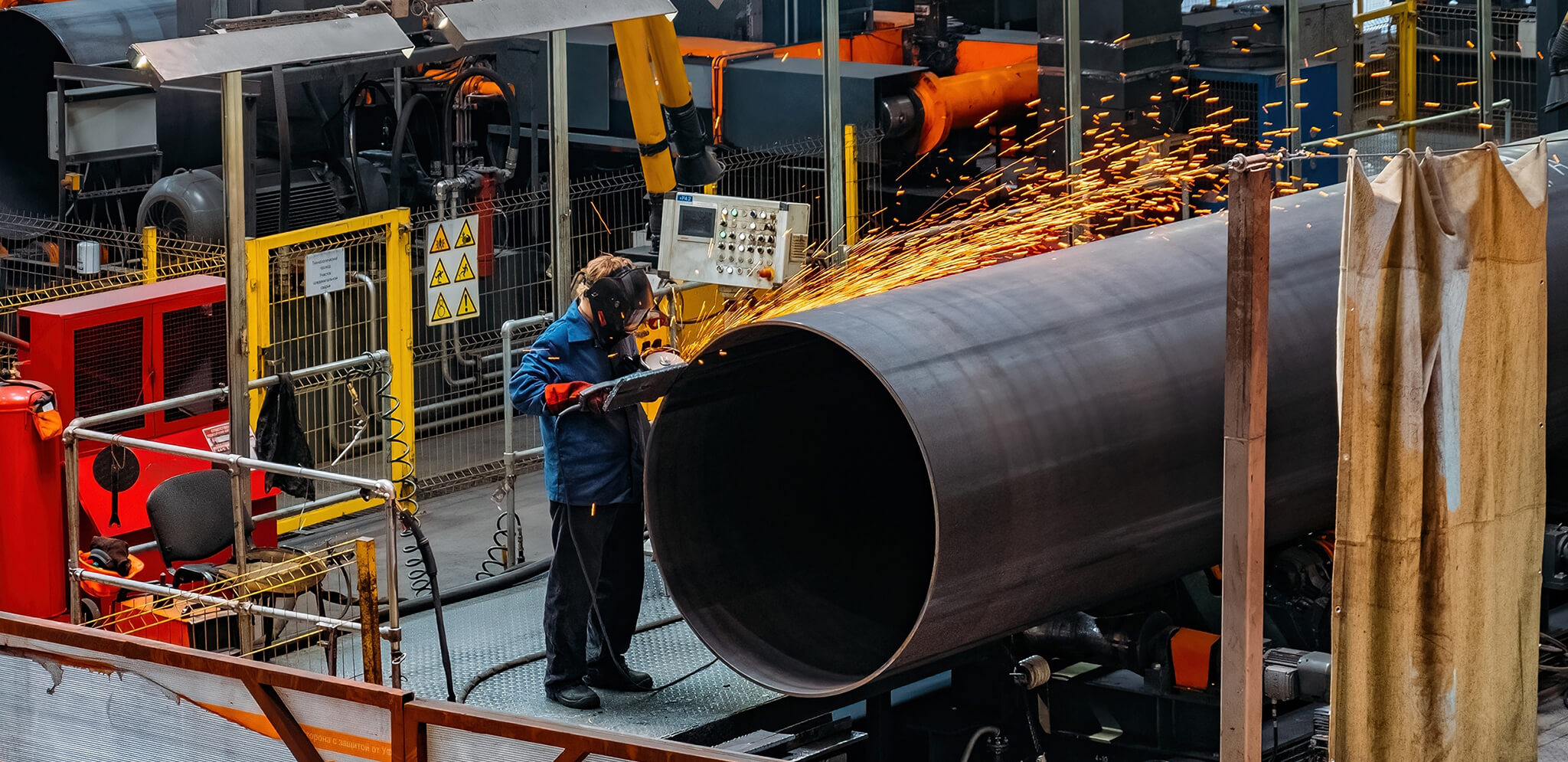Gas distribution products are crucial in safeguarding energy delivery to homes and businesses. These products, which include pipes, valves, regulators, and meters, are essential components of gas distribution systems. They ensure natural gas’s safe and efficient transportation from production facilities to end-users.
One of the primary functions of gas distribution products is to regulate gas flow through the distribution network. This is achieved through valves and regulators, which control the pressure and volume of gas transported. By maintaining the appropriate pressure levels, these products help to prevent leaks and ensure the safe operation of the system.
One of the primary ways distribution products help monitor gas delivery is through flow meters. Flow meters are devices that measure the rate at which gas is flowing through a pipeline. By installing flow meters at various points along the distribution network, operators can track the movement of gas and ensure that it is delivered according to demand.
Flow meters come in different types, including differential pressure flow meters, turbine flow meters, and ultrasonic flow meters. Each type has its advantages and is suitable for different applications. For example, differential pressure flow meters are commonly used for measuring gas flow in large pipelines, while ultrasonic flow meters are ideal for applications requiring non-intrusive measurement.
In addition to flow meters, distribution products incorporate pressure sensors to monitor gas pressure within the pipeline. Pressure sensors provide valuable information about the condition of the distribution system and help operators identify any potential issues that may affect the gas delivery. By continuously monitoring the pressure, operators can ensure that the gas is delivered at the optimal pressure level to meet customer requirements.
Furthermore, distribution products often include remote monitoring capabilities, allowing operators to access real-time data about gas delivery from anywhere. This remote monitoring functionality enables operators to keep a close eye on the distribution system and promptly respond to any abnormalities or deviations from normal operating conditions. With access to accurate and up-to-date information, operators can make informed decisions regarding gas delivery and take appropriate actions if necessary.
In addition to monitoring, distribution products also help measure the amount of gas delivered. Gas meters are commonly used for this purpose. Gas meters are installed at customer premises and accurately measure the volume of gas consumed. These meters can be mechanical or electronic, with electronic meters offering more advanced features such as remote reading capabilities and tamper detection.
Gas meters play a critical role in billing customers accurately for the gas they consume. By measuring the amount of gas consumed, operators can generate accurate invoices and ensure that customers are charged accordingly. Gas meters also provide valuable data for demand forecasting and planning purposes, helping operators optimize their distribution networks and ensure sufficient supply to meet customer needs.
To ensure the accuracy of gas measurement, distribution products undergo regular calibration and maintenance. Calibration involves comparing the measurements of a device against a known reference to determine any deviations or errors. Regular calibration helps maintain the accuracy of flow meters and gas meters, ensuring that they provide reliable measurements over time.
In addition to regulating gas flow, distribution products also help monitor and measure the amount of gas delivered. For example, gas meters are used to measure the volume of gas consumed by individual customers accurately. This information is crucial for billing purposes and helps to ensure fair and accurate charges for gas usage.
Safety is a top priority in the gas distribution industry, and gas distribution products play a critical role in ensuring the safe delivery of energy. For example, pipes used in gas distribution systems are specifically designed to withstand the high pressure and corrosive nature of natural gas. These pipes are made from durable materials such as steel or polyethylene, which can withstand the demands of the distribution network.
Furthermore, gas distribution products are subject to rigorous testing and certification processes to ensure their safety and reliability. For example, valves and regulators must meet strict industry standards and undergo regular inspections to ensure they function correctly. This helps minimize equipment failure risk and ensures that gas is delivered safely to end-users.
Another important aspect of gas distribution products is their ability to detect and respond to leaks. Gas leaks can be extremely dangerous, as natural gas is highly flammable. Gas distribution products, such as leak detection systems, help to quickly identify and locate any leaks in the system. This allows for prompt repairs and prevents potentially hazardous situations.
Significant advancements in gas distribution products have been made in recent years to enhance safety and efficiency. For example, smart meters, which provide real-time data on gas consumption, have been introduced. This allows for more accurate billing and helps customers monitor their energy usage and make informed decisions about conservation.
Furthermore, remote monitoring systems have been developed to monitor the performance of gas distribution equipment continuously. These systems use sensors and analytics to detect any abnormalities or potential issues with the equipment. This proactive approach allows for early detection of problems and enables timely maintenance or repairs, reducing downtime and ensuring uninterrupted energy delivery.
The importance of gas distribution products cannot be overstated. They are essential for the safe and efficient energy delivery to homes, businesses, and industries. These products are necessary for a reliable natural gas supply to be possible.
In conclusion, gas distribution products are vital in safeguarding energy delivery. They regulate gas flow, measure consumption, ensure safety, detect leaks, and enable efficient monitoring and maintenance. As advancements continue to be made in this field, we can expect even greater safety and efficiency in the future. The importance of these products cannot be underestimated, as they are crucial for meeting our energy needs reliably and sustainably.

